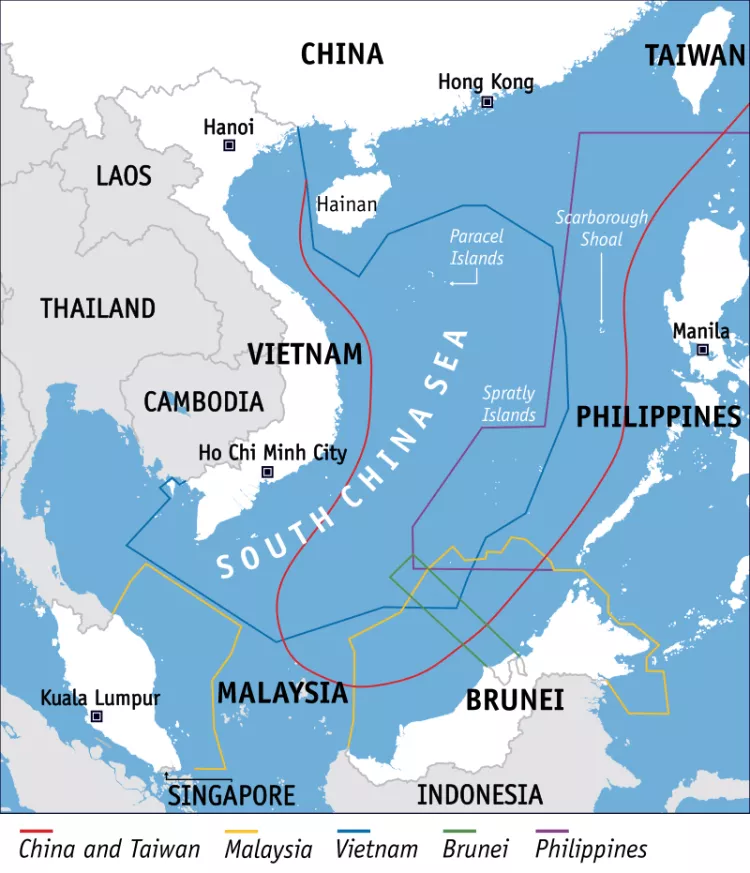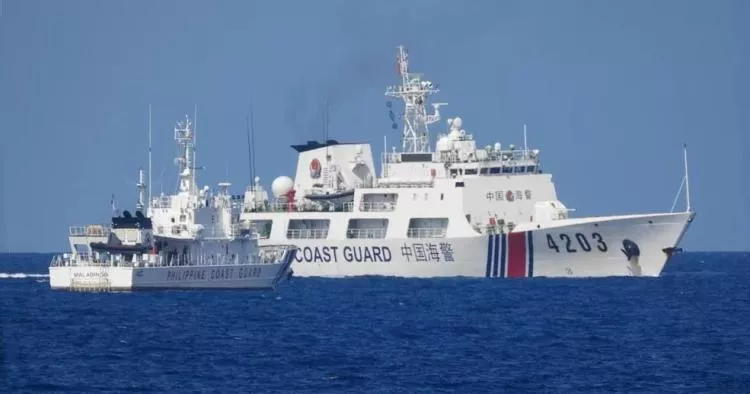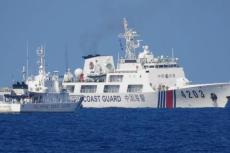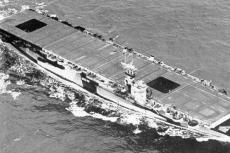Are Rising Tensions in the South China Sea Affecting Dive Operators?
Chinese Coast Guard vessels fire water cannons at Philippine ships in a disputed area of the South China Sea.
Manila has repeatedly accused the Chinese coastguard of blocking resupply missions to its troops on The Second Thomas Shoal, which lies within the Philippines' exclusive economic zone, as it did on 5 Aug when it sprayed a Philippine vessel with a water cannon.
The South China Sea dispute involves territorial claims by multiple nations, including China, Vietnam, the Philippines, Malaysia, Brunei, and Taiwan. It centres around control of islands, reefs, and waters in the South China Sea.
Tensions arise from overlapping territorial claims, fishing rights, potential oil and gas reserves, and the broader geopolitical interests of the nations involved.
The contested areas are rich in resources, have strategic importance for trade, and are ecologically diverse.
Dive operations
In the area, there are also remote and exotic islands which offer undisturbed diving adventures although it is not known whether any dive operators currently operate in the contested areas.
Known to us is Layang-Layang resort, which is located on Swallow Reef at the Southern end of Spratly Island, and we are now seeking comments from the operator.

Hague Tribunal Ruling
The Hague Tribunal's ruling pertains to a 2016 case filed by the Philippines against China's territorial claims in the South China Sea. The ruling concluded that China's claims based on historic rights had no legal basis under the United Nations Convention on the Law of the Sea (UNCLOS). The tribunal also determined that certain features claimed by China were rocks, not islands, and therefore didn't generate an exclusive economic zone.












































